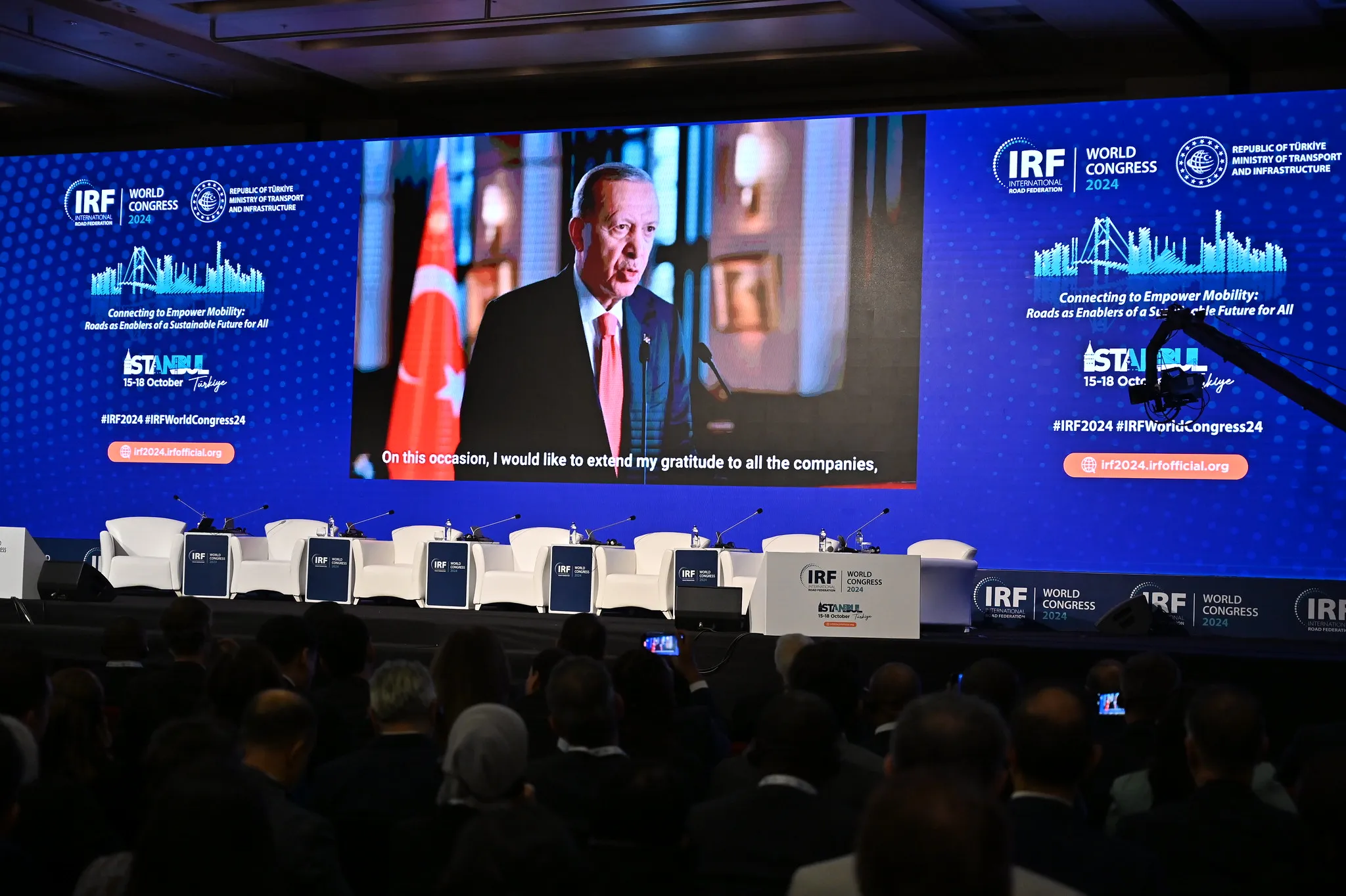
Asecap, Polis, EIT Urban Mobility, the European Union Road Federation (ERF) and UITP are among 44 European transport organisations advocating for transport to be at the heart of the next European Union budget.
They are campaigning for the Council and the European Parliament to increase the Connecting Europe Facility (CEF) budget for transport in the upcoming review of the Multi-Annual Financial Framework.
The group argues that decarbonisation of transport is a necessity - but that the sector is also an enabler of connectivity, a creator of jobs, and a key factor in ensuring the continent's resilience.
"The take-away for European leaders and policymakers should be clear," says the group in a statement. "This is the moment for Europe to reverse the trend of continued underfunding of the transport sector and set the bar high. A strong CEF instrument for transport is the best guarantee to deliver high EU added value, foster a level playing field across Europe and enable 'no regret' investments."
ERF director general Christophe Nicodème adds: "Road infrastructure investment is necessary for its maintenance, preservation, and adaptation to new mobility. Maintenance costs increase with a recurrent lack of investment."
The transport sector is of strategic importance, the group says in a statement: "Recent and ongoing crises have proven once again that only with a strong, adaptable and innovative transport sector at its core, Europe will be able to respond effectively to massive disruptions and safeguard its supply chain sovereignty."
"If Europe is to strengthen its resilience, be a leader in the shift to Net Zero and finally complete the Trans-European Transport Network, it must translate its words into deeds and reflect these ambitions in the new EU budget for transport," it concludes.







